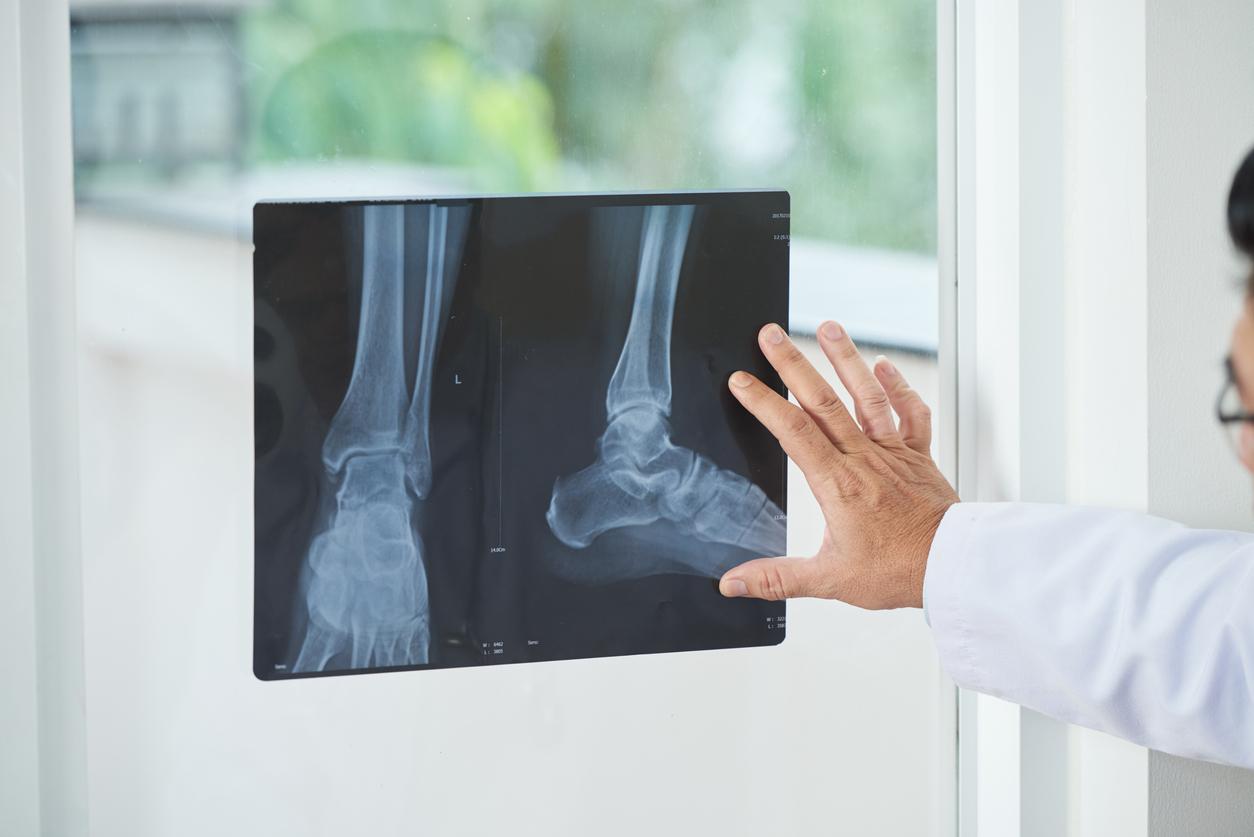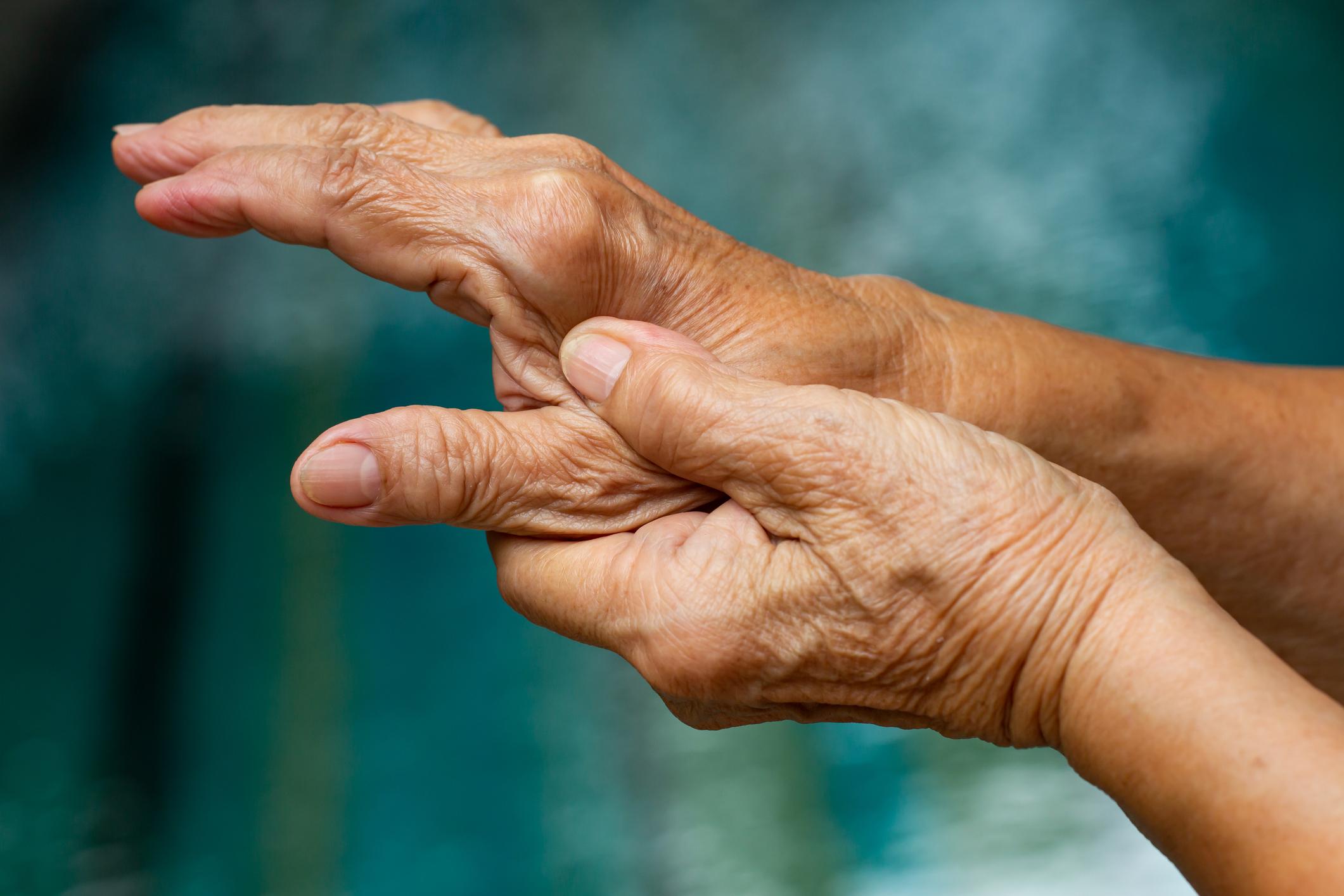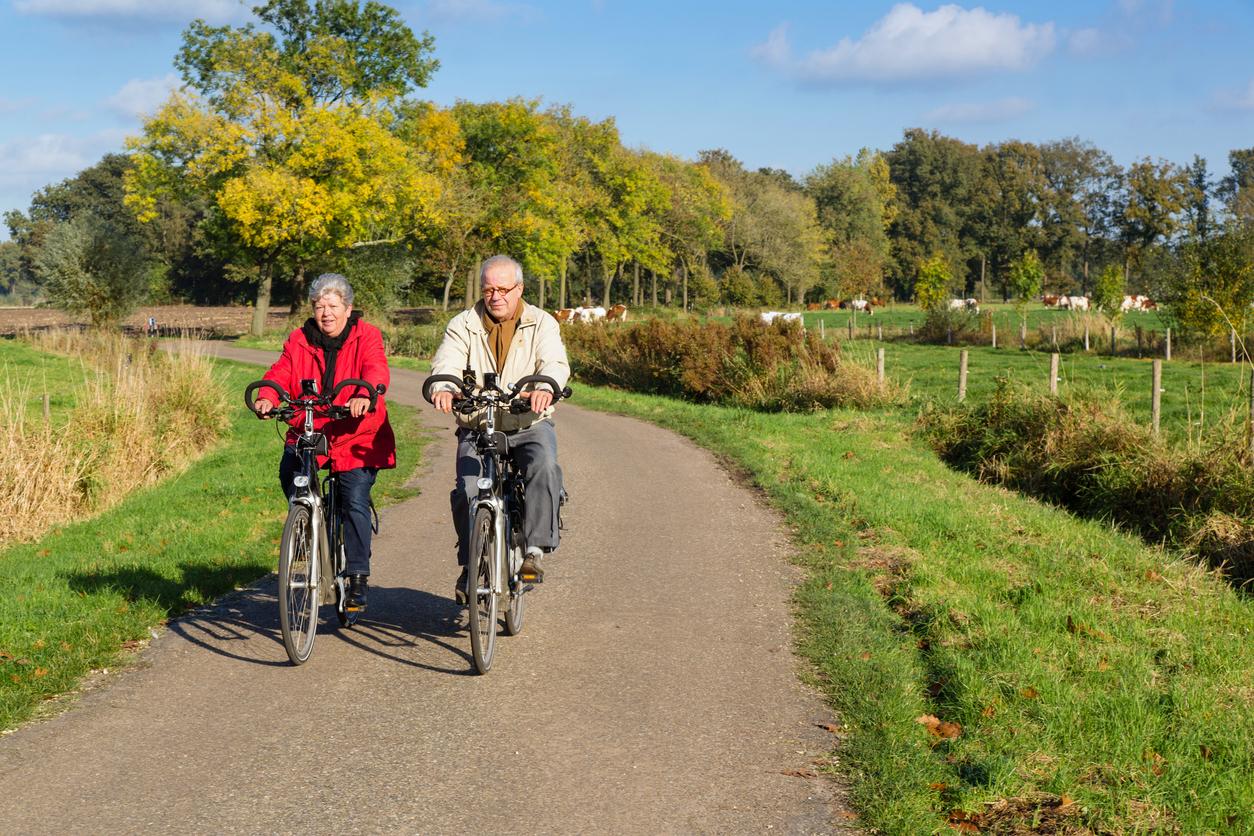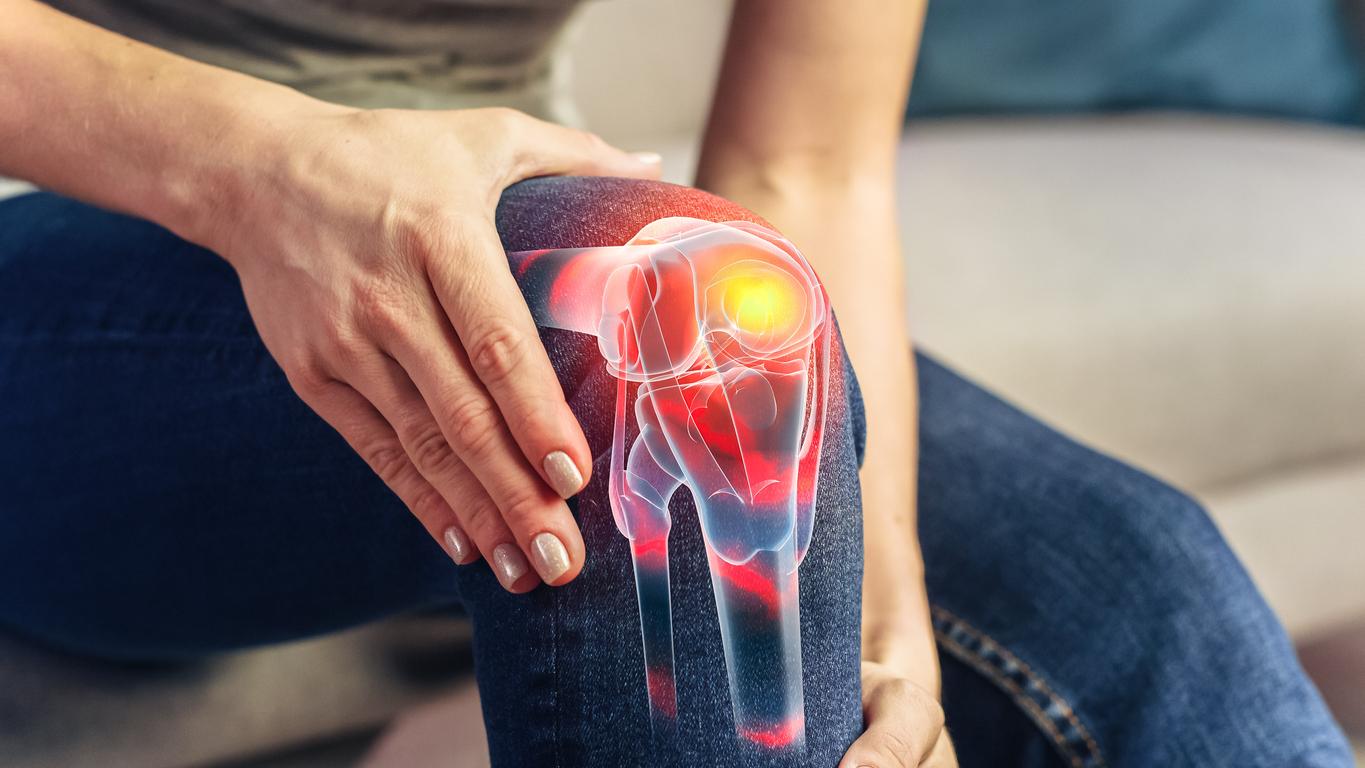Osteoarthritis is one of the most common diseases in France. American researchers have identified a molecule that would accelerate the regeneration of cartilage and especially reduce its inflammation.
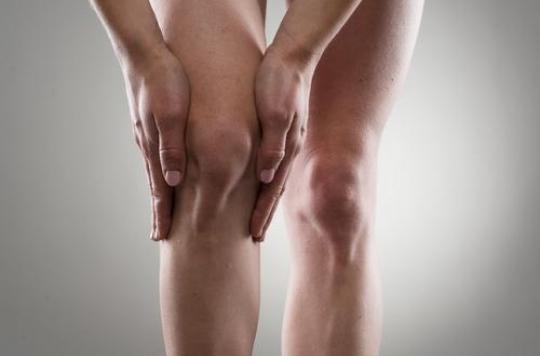
10 million French people are affected by osteoarthritis according to Inserm. For the time being, treatments do not make it possible to treat the causes of osteoarthritis, today we can only treat the symptoms. Research is therefore focused on developing new therapies to prevent the disease from progressing. Researchers at the University of Southern California have identified a molecule that could increase cartilage regeneration and decrease inflammation. Their results are published on the Eurekalert website.
Osteoarthritis is the destruction of cartilage that affects the entire joint. Some elements are risk factors such as age, overweight, carrying heavy loads repeatedly but it happens in some cases that the disease is hereditary. At times, the cartilage degrades rapidly, causing what are called arthritis attacks, very painful inflammatory outbreaks.
The RCGD 423 molecule
The molecule identified by the American researchers is called “Regulator of Cartilage Growth and Differentiation” for “regulator of the growth of cartilage and its differentiation”, or more simply: RCGD 423. The researchers applied it to articular cartilage cells . These multiplied and were less likely to die. By performing the experiment on rats with damaged cartilage, the cells improved its healing.
In fact, this molecule interacts with another molecule, glycoprotein 130. The latter is used to receive two signals: that of the development of cartilage in the embryo and that which triggers inflammation of the cartilage in adults. By combining it with RCGD 423, researchers succeed in blocking the signal of inflammation and therefore reducing the degradation of cartilage in the long term. This helps stimulate the regeneration of cartilage.
“The objective is to manufacture an injection therapy for osteoarthritis at different levels: from the early stage to the moderate”, explains Denis Evseeko, professor and author of this study. He specifies that it will not cure osteoarthritis but may help to stop its development, and potentially, avoid joint replacement surgeries. In the United States, one million operations performed each year are joint replacements.

.









